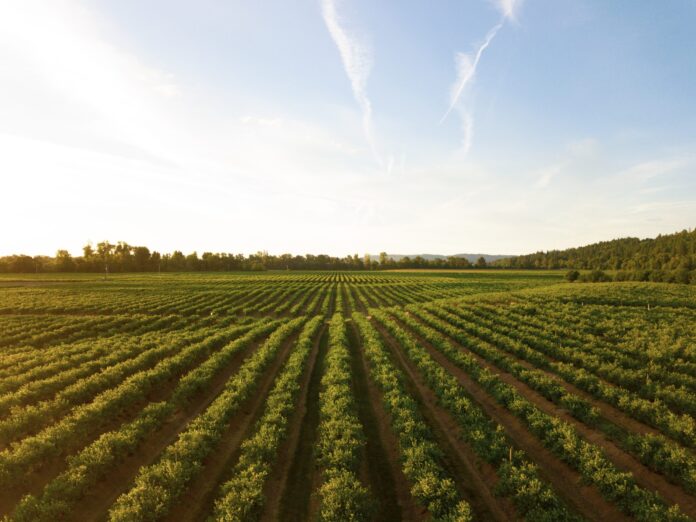A new provincial program looks to help farmers go high-tech.
The B.C. On-Farm Technology Adoption Program will be providing $3 million to help farmers access technologies, in the hopes of dealing with the effects of labour shortage and cost increases because of inflation.
These technologies include robotic equipment, farm-management software, and digital sensors.
Minister of Agriculture and Food Pam Alexis says they know the cost of the technologies is a barrier for many farmers.
“With this new program, we’re providing support that can help farmers, now and in the future, so they can be more competitive, improve their bottom line and produce more food to feed our communities,” said Alexis.
The province says the program will be funding farmers for two years, with applications for the first year open on Monday.
Applications will be accepted until December 22 this year.
For more info on how to apply, visit the program’s website.




